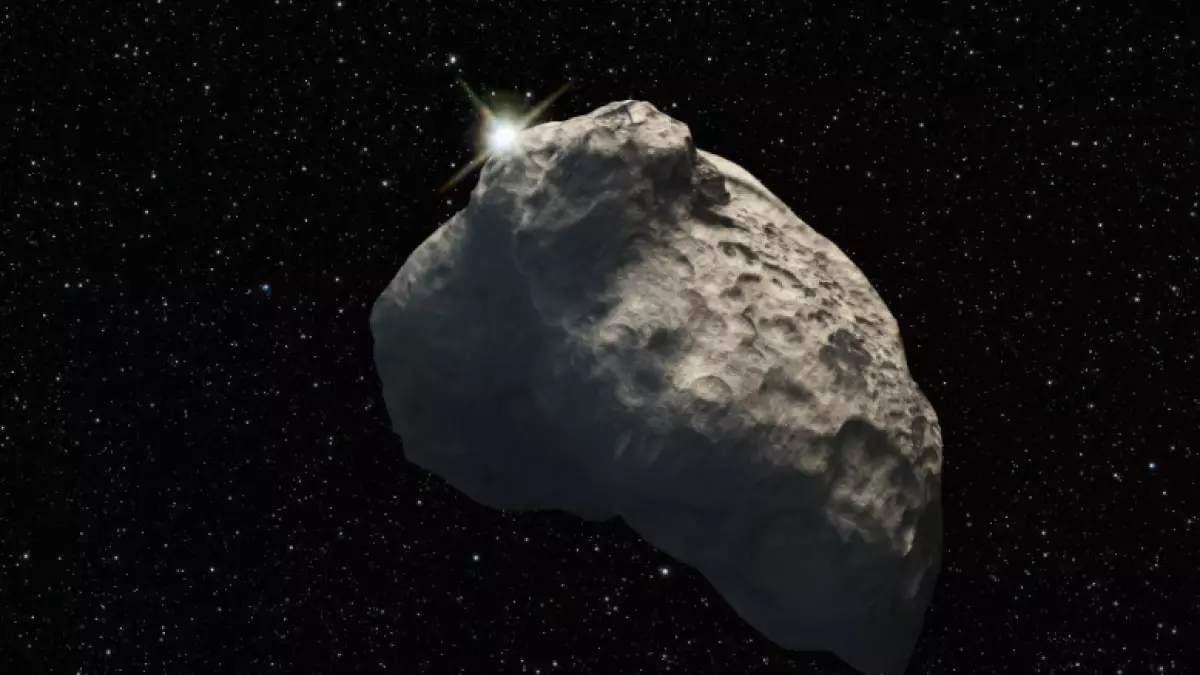The recent research on the asteroid that struck Earth 66 million years ago, leading to the extinction of the dinosaurs, has shed light on the mysterious origins of this catastrophic event. Scientists have identified the impactor as a carbon-rich “C-type” asteroid, originating from the asteroid belt between Mars and Jupiter. This discovery challenges previous theories and opens up new possibilities for understanding the nature of celestial objects that have shaped our planet’s evolutionary path.
One of the key findings of the research is the analysis of ruthenium isotopes found in the global debris layer left by the impact at the Chicxulub impact crater. The presence of ruthenium, a rare metal in Earth’s crust, in the debris indicates an extraterrestrial origin for the asteroid. This discovery has significant implications for future research on asteroid strikes and the study of similar cosmic events that may have influenced the development of life on Earth.
The study suggests that the asteroid most likely originated from the asteroid belt between Mars and Jupiter. However, the possibility that it came from the more distant Oort cloud has not been completely ruled out. The uncertainty surrounding the asteroid’s origins leaves room for further exploration and research to gain a deeper understanding of the events that have shaped our planet’s history. This new information challenges previous assumptions and opens up new avenues for investigating the mysteries of our solar system.
Dr. Craig Walton of the University of Cambridge highlights the importance of this research in advancing our understanding of Earth’s history. While there are still unanswered questions about the exact origins of the asteroid, the study provides crucial insights into the nature of celestial objects that have influenced the development of life on our planet. By unraveling the mysteries of the asteroid that ended the dinosaurs, researchers are gaining a new perspective on the vulnerability of Earth to cosmic impacts and the role of such events in shaping the course of evolution.
The recent research on the asteroid that caused the extinction of the dinosaurs has provided new insights into the mysterious origins of this catastrophic event. By analyzing ruthenium isotopes and studying the composition of the asteroid, scientists have challenged previous theories and opened up new possibilities for exploring the nature of celestial objects in our solar system. This research contributes to a broader understanding of how cosmic events have influenced the development of life on Earth and underscores the importance of further exploration and study in unraveling the mysteries of our planet’s history.


Leave a Reply